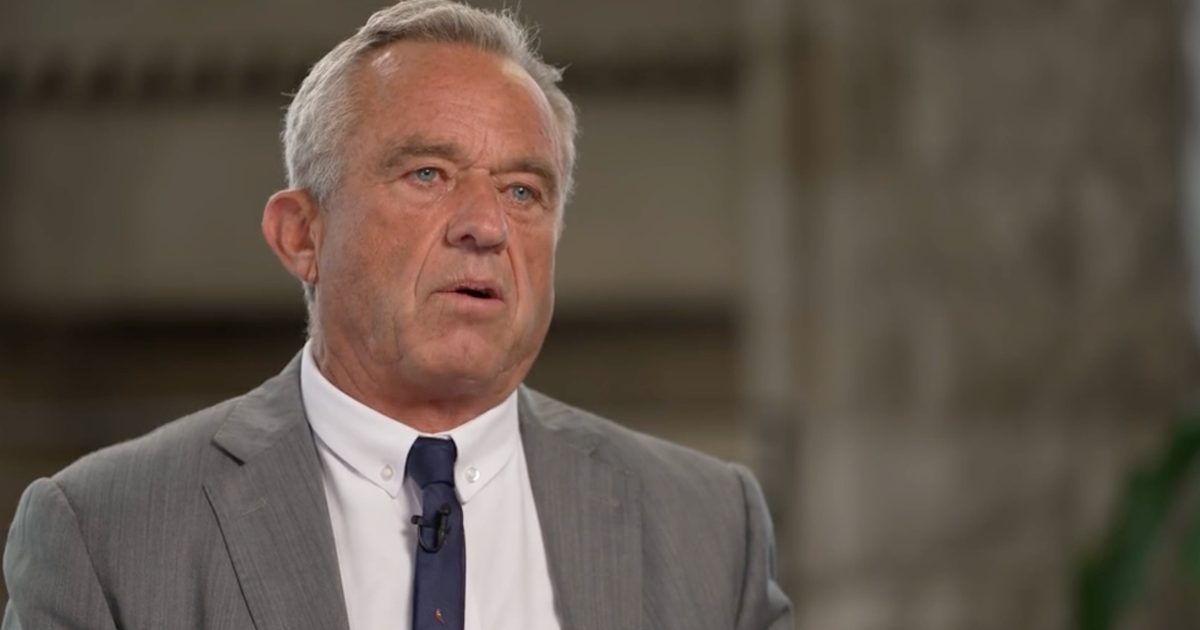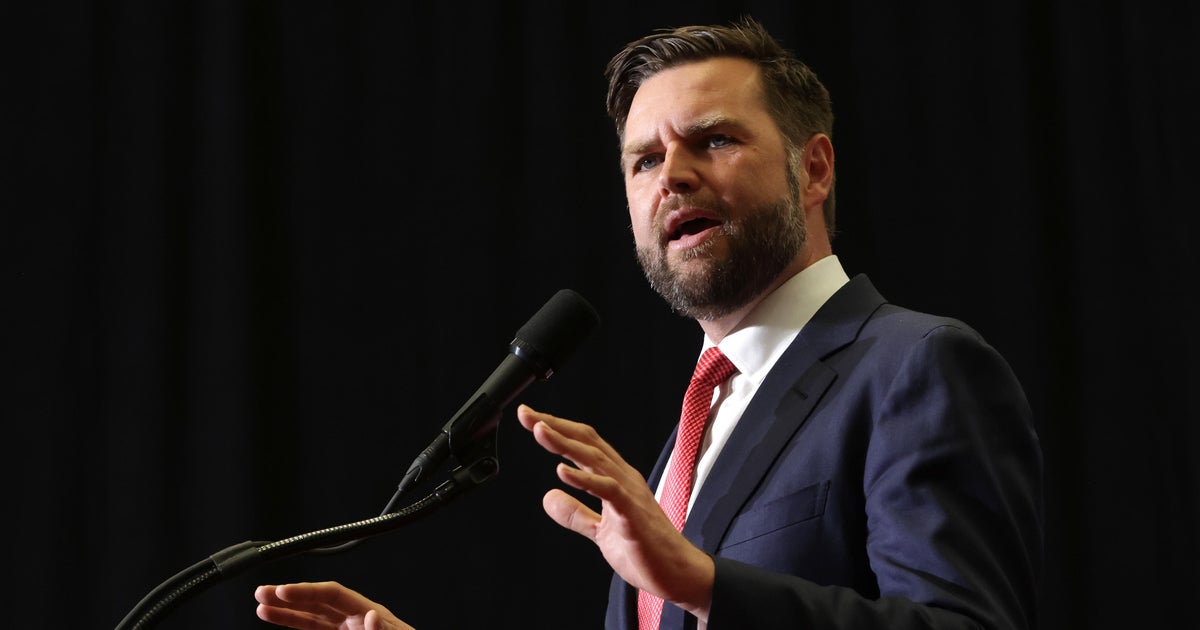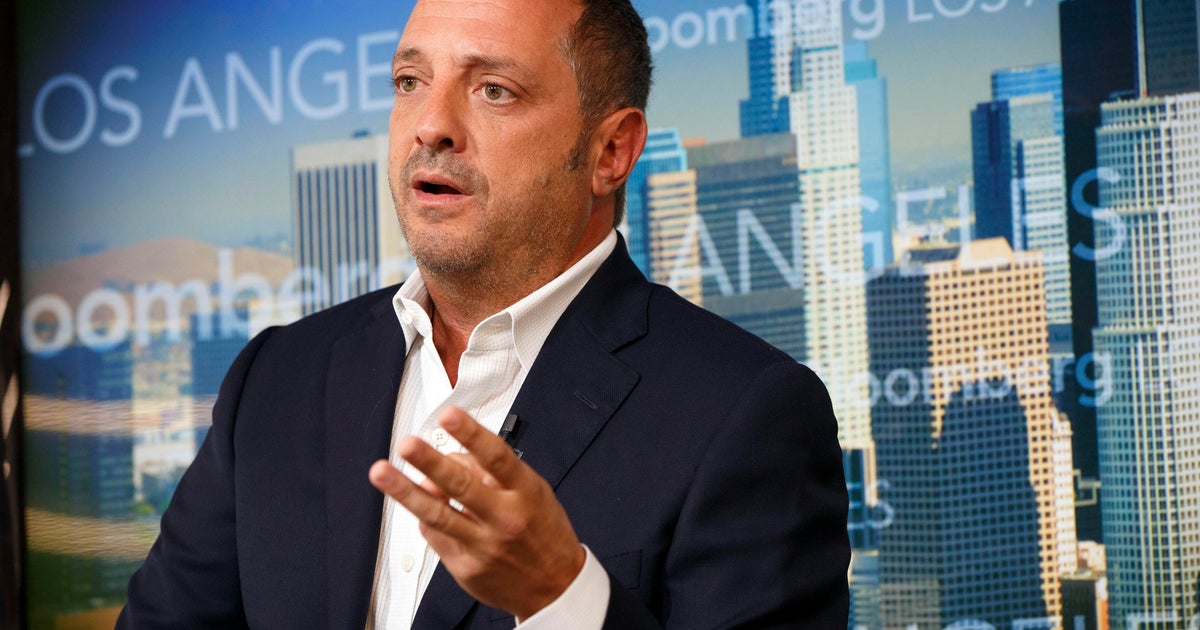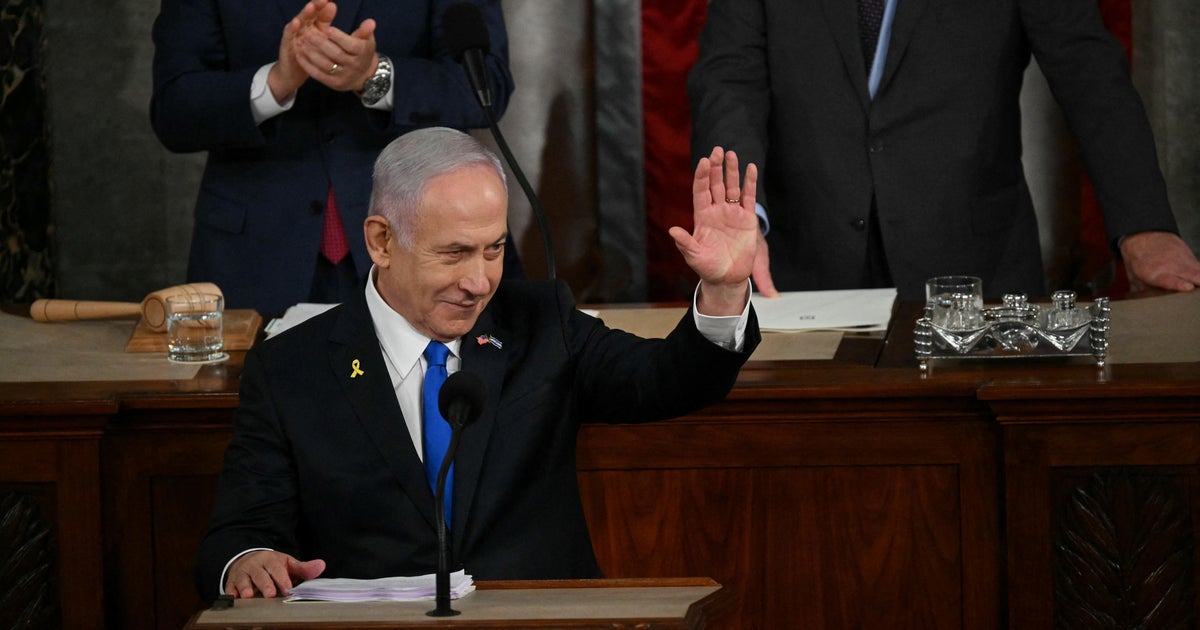Judges, witnesses, prosecutors increasingly warn of threats to democracy in 2024 elections as Jan. 6 prosecutions continue
In early March, U.S. District Judge Colleen Kollar-Kotelly looked at 23-year-old Clifford Mackrell, a Jan. 6 defendant from Ohio, and as she sentenced him to 27 months in prison for his role in the 2021 U.S. Capitol attack, she read a statement warning about the fragility of democracy.
"We have an election coming," Kollar-Kotelly said. "Unless democracy is protected, it will be destroyed."
Kollar-Kotelly didn't raise her voice, but her words echoed off the floor-to-ceiling wooden walls in her courtroom.
Three years ago, Mackrell allegedly wrapped his arm around the neck of a U.S. Capitol Police officer and threw him to the ground. Judge Kollar-Kotelly mentioned "insurrection" 10 times during the proceedings. She also made reference to another election, noting the controversy after the Supreme Court's decision after the 2000 election between George W. Bush and Al Gore.
"Many people were very unhappy with (that ruling)," she said. "But there was a peaceful transfer of power. Nobody engaged in an insurrection."
No individuals tied to the Jan. 6 attack have been charged with the federal crime of insurrection. But Kollar-Kotelly's statements are part of a growing wave of public remarks by Jan. 6 case judges and witness testimony warning of a risk to democracy as the 2024 election approaches.
At the March sentencing hearing for Capitol riot defendant Jeffrey Sabol, Judge Rudolph Contreras mentioned a claim Sabol had made that he was, in his words, "answering the call as a patriotic warrior" on Jan. 6. Contreras then alluded to the fall elections.
"It doesn't take much imagination to imagine a similar call coming out in the coming months," Contreras said. "And the court would be concerned that Mr. Sabol would answer that call in the same way."
Former President Donald Trump's campaign pledge to issue pardons and to free Jan. 6 defendants from prison if he wins reelection has also been coloring some of the arguments and witness statements in Jan. 6 criminal hearings.
Retired U.S. Capitol Police Sgt. Aquilino Gonell, who suffered injuries to his shoulder, hand and foot while defending the Capitol from attackers in the mob, has frequently testified at Jan. 6 court proceedings. Gonell has peppered his courtroom statements with references to Trump's promises of pardons and claims that Jan. 6 defendants are "hostages."
At a sentencing hearing in late March, Gonell called the defendant "an attacker, not a victim."
"He's not being treated unjustly; he's not a political prisoner or a hostage," Gonell said. "If they're hostages, who are we, as police? Hostage takers?" Gonell told the judge it's "like a dagger" every time he hears a defendant referred to as a "hostage."
Former Washington, D.C., Metropolitan Police Officer Michael Fanone testified at a March 7 hearing of a House Judiciary subcommittee and also made several comments about threats to democracy as the 2024 election approaches.
"We are a government of laws, not of men," Fanone told Congress.
Fanone, who has also testified at multiple Jan. 6 criminal trials and hearings, told CBS News he's increasingly alarmed by Trump's inclusion of pledges to pardon Jan. 6 defendants in his campaign speeches.
"It's inciteful language," Fanone told CBS News. "If he succeeds and holds office again, he is going to weaponize the Department of Justice and use it to go after people like myself."
Judges call 2020 conspiracy theories "outright distortions and outright falsehoods"
Other judges have warned broadly about the misinformation and conspiracy theories that persist about 2020 and the Capitol siege.
"I have been dismayed to see outright distortions and outright falsehoods creep into the public consciousness," Judge Royce Lamberth said at the sentencing of Jan. 6 defendant James Little earlier this year. "I have been shocked to watch some public figures try to rewrite history."
Lamberth, who was appointed to the bench by President Reagan, then blasted the terminology used by Trump during the 2024 election cycle, which has been repeated by some of the Jan. 6 defendants and their supporters. Lamberth said, "To style himself as a political prisoner and to accuse the court of infringing on his rights is not only incorrect, it's offensive. The public should understand that such notions are preposterous."
Judges have also fear that election-year rhetoric championing Jan. 6 defendants could spark a new wave of threats against judges, court staff and witnesses.
Speaking to CNN last week, in a rare media interview by a sitting federal judge, District Judge Reggie Walton said threats against him and other judges have become significantly more frequent since Jan. 6. Walton said "it's very troubling" that judges and their families are being threatened.
"It's a new phenomenon," he said. "Threats used to be rare."
In the interview, Walton warned of the danger and chilling effect of possible physical attacks against judges.
"If we don't have a viable court system, then we have tyranny," he said.
Defense attorney says warnings are just "old-fashioned fear mongering"
The increasing warnings from judges and witnesses aren't going unnoticed by Jan. 6 defendants, their supporters or their attorneys.
"This kind of rhetoric is dangerous, unfair and unsupported by evidence," attorney Joe McBride, a New York defense attorney who has represented a number of Jan. 6 defendants, said of the judges' statements in an interview with CBS News. "It's good, old-fashioned fear mongering."
McBride said there has not been a "single instance of a Jan. 6 defendant returning to D.C. to cause harm."
"Such statements were more credible in 2021," he said. "But now, after three years of Jan. 6 prosecutions, where the government is batting nearly 100%...come on, man."
At a nightly vigil outside of the Washington, D.C., jail in support of Jan. 6 defendants, there are complaints about recent public statements by judges. On March 21, Mikki Witthoeft, whose daughter Ashli Babbitt was shot and killed while breaching the House speaker's lobby, blasted the statements of Judge Rudolph Contreras. Citing Contreras' warning about the risk of future incitement of Trump supporters, Witthoeft told those at the vigil, "In the Jan. 6 cases, if you've been accused, it's a wrap — Donald Trump included."
Catherine Ross, a law professor at George Washington University, told CBS News, "We should take Judge Walton's warning very seriously — other judges on Trump cases, their staff and even families have been threatened either expressly or implicitly."
"The judiciary branch bears a responsibility for preserving the rule of law and administration of justice, both of which are imperiled when democracy is fragile and under attack," Ross said.
The references to Trump by federal judges persist at a time — and in a courthouse — where Trump himself was initially scheduled to stand trial. A Supreme Court review of Trump's defense claims of presidential immunity has indefinitely delayed his criminal trial for conspiracy to overturn the 2020 election results. The trial, which had been scheduled to begin March 4, has been delayed pending the Supreme Court arguments and ruling on his immunity claim.
But the criminal cases of the rioters continue unabated. Over 1,069 defendants have been charged since the Jan. 6 Capitol riots, according to the Justice Department, with about 561 cases adjudicated and sentenced for criminal activity that day. Contreras echoed the words and admonishments of Trump made by many of his judicial colleagues at a March sentencing hearing in one Jan. 6 case. Contreras said, "The events of Jan. 6 involved a real unprecedented confluence of events spurred by then-President Trump and a number of his prominent allies who bear much responsibility for what occurred on that day."
Robert Legare contributed to this report.






